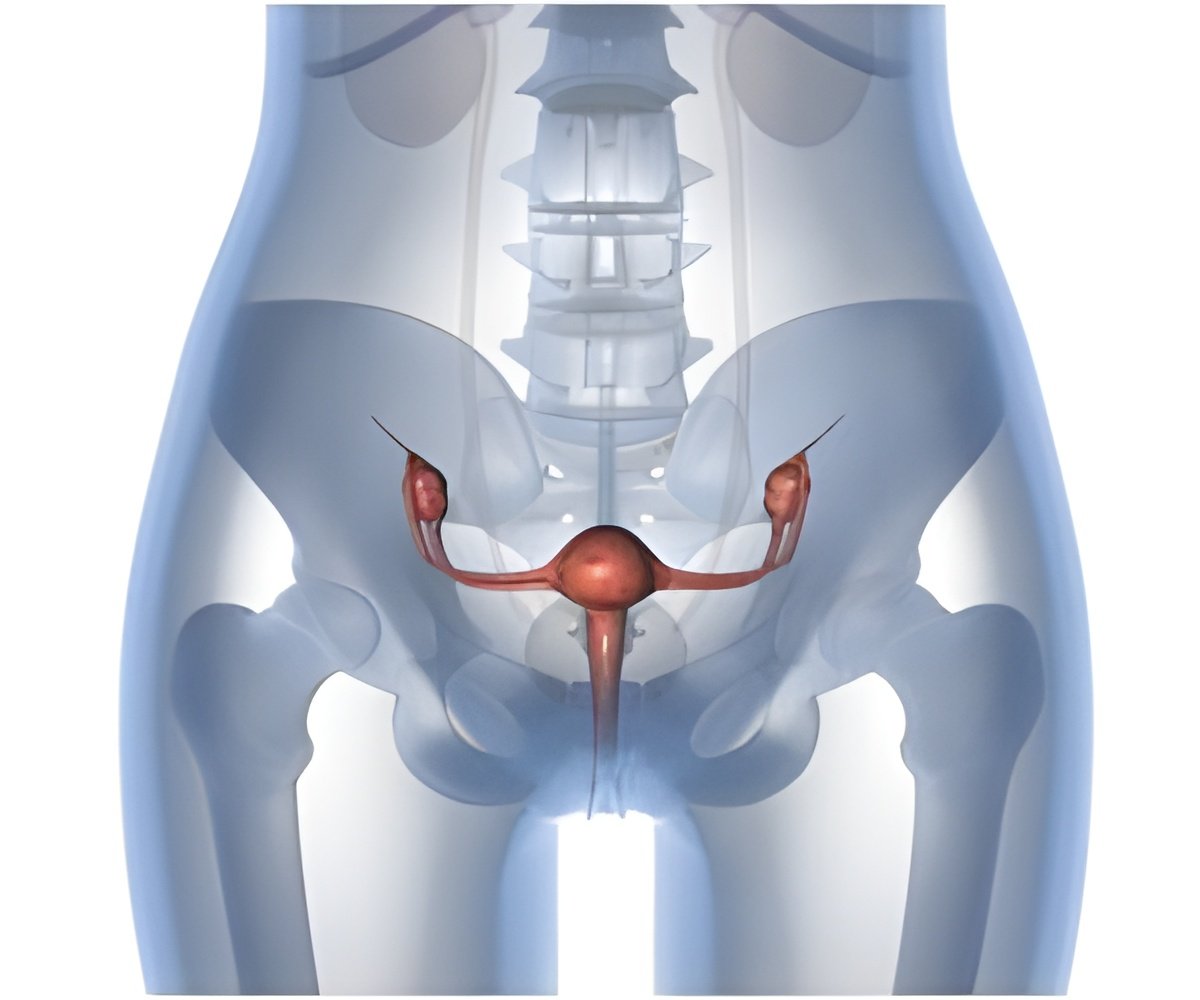Comparing the efficacy of new hip implants with traditional hip implants, researchers have observed on bmj.com, that new hip implants appear to have no advantage over traditional implants.

While hip replacement is a successful operation, substantial numbers of patients require revision surgery within 10 years to replace the implant because of infection, dislocation, wear, instability, loosening, or other mechanical failures.
Traditional hip implants with metal on polyethylene or ceramic on polyethylene bearing surfaces are associated with low revision rates. Newer alternatives with metal on metal or ceramic on ceramic bearings are available, but their advantage over traditional implants is still not clear.
There have also been severe cases of accumulation of metal ions in tissues of patients with metal on metal hip implants, leading the BMJ to call for better regulation of medical devices. And in 2009, the US Food and Drug Administration (FDA) initiated a comprehensive review of the evidence for approved hip implants.
Working with the FDA, a team of researchers led by Professor Art Sedrakyan set out to compare the safety and effectiveness of hip implants with different bearing surfaces.
They analysed the results of 18 studies involving 3,139 patients and over 830,000 operations in annual reports of registries.
Advertisement
While one study reported fewer dislocations associated with metal on metal implants, in the three largest national registries there was evidence of higher rates of implant revision associated with metal on metal implants compared with traditional metal on polyethylene implants.
Advertisement
The authors conclude: "There is limited evidence regarding comparative effectiveness of various hip implant bearings, and the results do not indicate any advantage for metal on metal or ceramic on ceramic implants compared with traditional bearings."
They call for a large randomised trial of bearing surfaces before any claims of benefit are made.
Until then, they say "national registries provide important real world data that are critical for the safety and future comparative safety and effectiveness evaluation."
Source-Eurekalert








